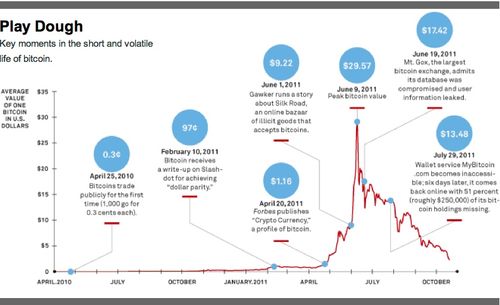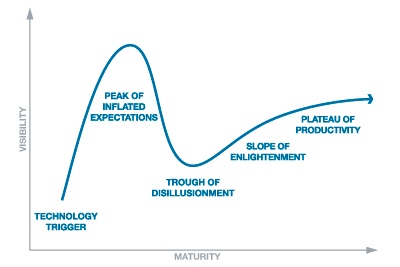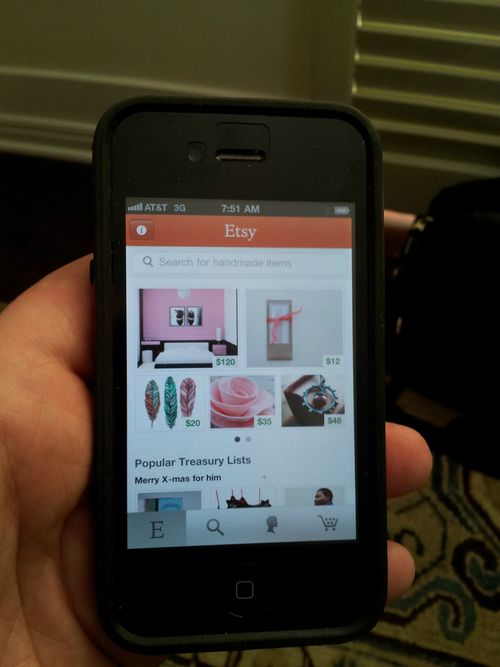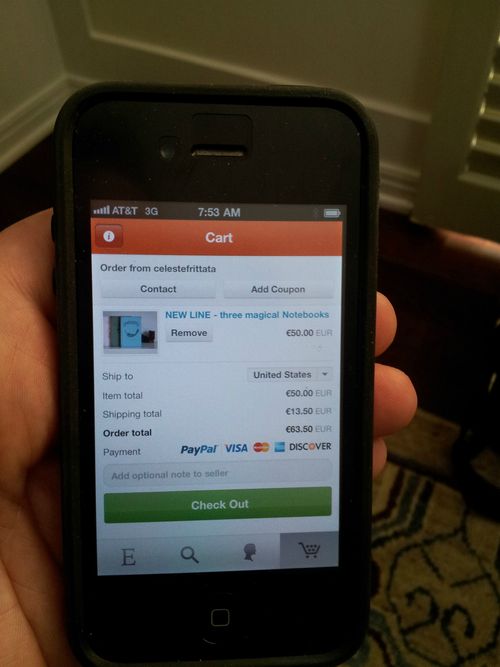A few weeks ago, I met with a VC who has been investing in healthcare for over 30 years. He asked if we invested in healthcare and I told him that we'd like to but we don't really know how to fit it into our investment thesis which is focused on large networks of engaged users disrupting large markets. Clearly healthcare is a large market, possibly the largest measured as a percent of GDP. But we haven't seen many large networks of engaged users emerging in healthcare.
A week later, I got an email from an entrepreneur I backed something like sixteen years ago. I think that his company was the very last healthcare investment I've made. He built an enterprise IT healthcare software company and sold it for a nice return. Then we mostly lost touch. He emailed me that he had a very exciting new opportunity to create a new software solution to managing costs in large hospitals. I told him it sounded like something that was needed but that we were not the right investor for him. That turned into a long back and forth discussion of the state of healthcare, healthcare investing, and the role of the web in it.
When we look at education, what's wrong with it, and what needs to happen to fix it, we can see how the web, technology, and large networks of engaged users can impact education in a positive way. That is why, after studying the market for a couple years, we started to invest in education services late last year. We've now made four of these investments and will certainly make a bunch more.
When we look at healthcare, what's wrong with it, and what needs to happen to fix it, we can't see as clearly how the web, technology, and large networks of engaged users can impact healthcare in a positive way. But that is starting to change. When we first looked at education, we saw a market that was largely controlled by big powerful institutions that were not adapting to the needs of the market. But then we saw things emerging like home schooling, online learning, low cost learning tools in emerging markets, and teachers and students opting out of the system and taking things into their own hands. And that has led us to vision of how to invest in education. We are looking hard for those kinds of changes in healthcare that can help us start to see the way forward. We know that consumers need to take more control of their healthcare choices, their healthcare costs, and their health. And we know the web and large networks of engaged users can help all of that happen.
It is likely that we'll be doing more looking and studying and less investing in healthcare for a while (as we did in education). But I'm hopeful that entrepreneurs, industry observers, and of course all of you, will help us develop a thesis that allows us to start investing in healthcare. Like education, it feels like a market where you can make strong returns and also help facilitate important and needed changes.












